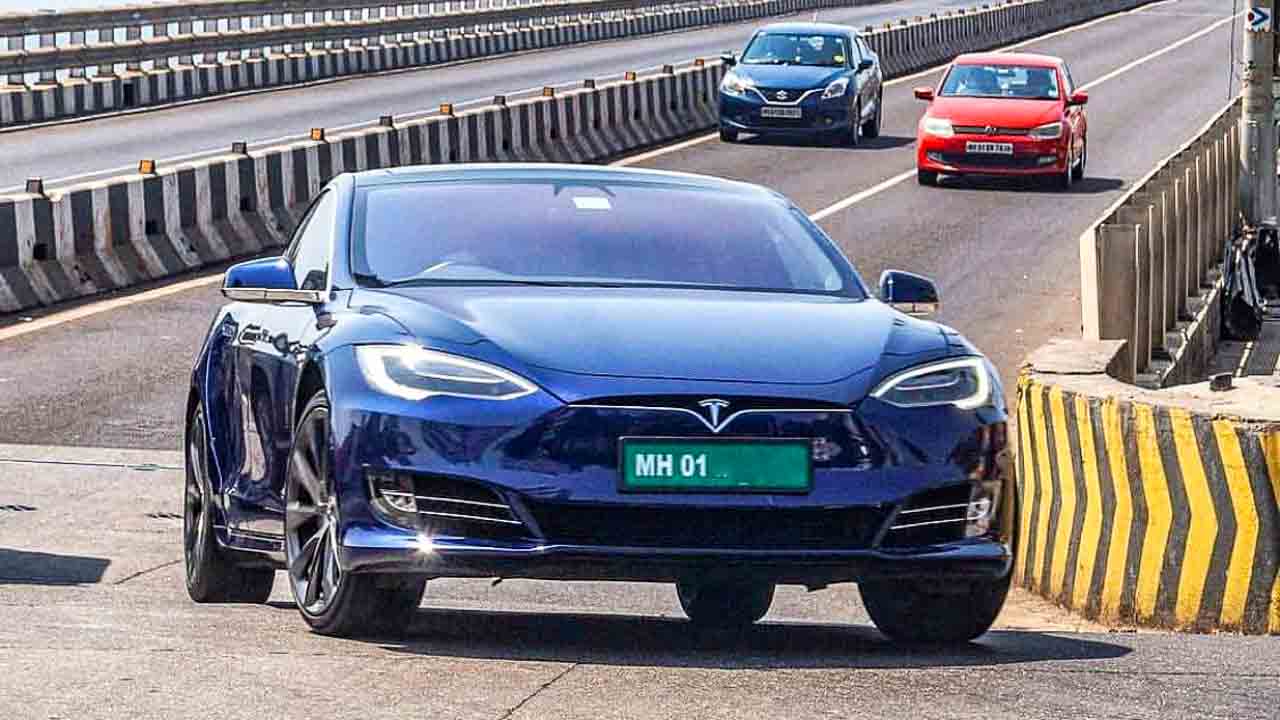


The Indian government is set to notify its new Electric Vehicle (EV) policy, which aims to lower import duties and attract global players like Tesla. The policy is expected to mandate a minimum turnover of Rs 2,500 crore by the second year and require an investment of Rs 4,150 crore from interested manufacturers.
Lower Duties to Attract Investment
The proposed policy will allow companies to set up assembly operations in existing factories but will exclude past investments and land or building costs from the required investment amount. Manufacturers meeting the criteria will qualify for a 15% import duty—a significant reduction from the current 110% tariff, reports Economic Times.



Companies will have 120 days to apply, with the policy allowing annual imports of up to 8,000 premium EVs (priced above $35,000) at reduced duties. Approved applicants must establish manufacturing facilities within three years and achieve 25% local value addition, which must rise to 50% within five years.
Progressive Turnover Targets
The policy also outlines progressive turnover milestones, requiring:
– Rs 2,500 crore by the second year
– Rs 5,000 crore by the fourth year
– Rs 7,500 crore by the fifth year
Approval letters could be issued by July-August, paving the way for imported EVs to enter India soon after. Tesla is widely seen as a key beneficiary of this policy. Reports suggest that Tesla is planning to enter India in April 2025, with an affordable EV priced at Rs 21-22 lakh.
The company has reportedly chosen Mumbai and Delhi as its initial showroom locations. Tesla Inc. will be shipping a few thousand cars to a port near Mumbai in the coming months, reports Bloomberg. The US automaker plans to begin sales in Mumbai, Delhi, and Bangalore around the third quarter of 2025.
Other Automakers Show Interest
Hyundai and Volkswagen have also expressed interest in the policy during government discussions, but their investment plans remain uncertain. With the government fast-tracking EV adoption, this policy could open doors for global EV players, boost local manufacturing, and make premium EVs more accessible to Indian buyers.






